Architecture photos
Architectural photography is a great way to show off your campus, building or piece of real estate. Architectural photography is used by architects, contractors, interior designers, and many other professions to record and promote new and revamped structures. Architectural photos are popular in portfolios presented to prospective customers Architectural photography is also used by owners of buildings in a wide variety of sectors.
Discover the visual magic our photographers are capable of in the style of architectural photography. This gallery shows 25 samples shots, but we have lots more if you’re interested. Just let us know. Enjoy!
More on Architectural Photography
Architectural Photography in Advertising
Professional photos of buildings, campuses, or homes are crucial for sales, communications, and social media marketing. In today’s visual world, having high-quality architecture photography gives you a significant advantage. Surprisingly, many architecture firms do not invest in photography, so by doing so, you can stand out from the competition.
With architecture photography, you can effectively advertise your work across various mediums, reaching a wider audience. Whats more, it helps build a useful portfolio, showcasing your expertise and attracting potential clients. By making a good first impression through architectural photography, you increase your chances of securing clients.
If you need well-crafted shots of your campus, building or home, please take a look on this page at some of the samples of work we have done in the field of architectural photography. Note that we can combine architectural photography with the creation of a virtual tour, as well. This 2-in-1 package can be quite cost-effective and provide more content for your marketing and communications.

Architectural photography is a distinct type of photography within the broader field of photography, requiring a special set of skills and a keen eye for detail. Unlike other photographic subjects such as portraiture or landscapes, architectural photography requires a special approach. The photographer must come to grips with the convergence of art and technical expertise to create shots that enhance the form of the structure and convey its essence.
Architectural photography is fundamentally about treating architecture as an art form. Our photographers will look for unique angles, perspectives, and way to compose the shot, such that it will highlight the design elements, lines, and patterns of a structure. They use specialized framing techniques to manipulate the viewer’s gaze, emphasizing a building’s distinctive features.
A Brief History of Photography in Architecture

Following the invention of photography in the early 19th century, architecture quickly became a subject of inspiration. Daguerreotypes, the cameras used at the time, required long exposure times. Buildings appeared to be the dream subjects, leading photographers to develop a passion for architectural curves and lines.
The “Mission Heliographique”, created in 1851, was the first architectural photography project. The aim was to inventory national historic monuments. The photographers selected, such as Gustave Le Gray and Edouard Baldus, were the first great names in architectural photography.
In the twentieth century, architectural photographers translated architectural advances into photographs. Lucien Hervé, for example, followed and photographed the work of Le Corbusier. Today, architectural photography accompanies urban transformations and questions contemporary buildings.
Architectural Photography Kit
Architectural photography, much like videography requires a few essential technical notions to master perspective correctly, to emphasize the curves and lines of buildings and to compose images efficiently. We’ll look at these various points to guide you towards the right equipment, but also to help you better straighten verticals, adapt your settings and, last but not least, provide you with a few compositional tips.
In architectural photography, it’s customary to choose a wide-angle lens, practical for photographing very wide shots and recording the entire building. Short focal lengths are therefore to be preferred, although it is perfectly possible to take architectural photographs with another type of lens, be it a zoom, a fixed focal length or a telephoto lens. It all depends on the angle of view you wish to obtain and the final rendering you want, since architecture is more than just a building in its entirety. If you opt for a wide-angle lens, take into account the distortion effect generated by this type of lens, which we’ll discuss below. Some lenses, such as those sold at Visuals in Geneva, boast near-zero distortion at very short focal lengths.

The tripod is the ultimate accessory for more precise shooting. By taking the time to frame your shot, and thanks to good stabilization, it gives you a better sense of lines and perspective. Don’t hesitate to use the help grid that you can display on your camera screen or in your viewfinder to make your work easier. When you’re on a tripod, you’ll also have more leeway when it comes to adjusting exposure settings, so you can easily play with long exposure times.
There are many tripods on the market, and it’s possible to find one perfectly suited to your practice. Some can be positioned flush with the ground, others can be adapted to different heights, while others have a tilting column, etc.

There are many tripods on the market, and it’s possible to find one perfectly suited to your practice. Some can be positioned flush with the ground, others can be adapted to different heights, while others have a tilting column, etc.
The Flash Strobe Technique in Architectural Photography
Architectural photography is a great way to show off your campus, building or piece of real estate. With numerous “flash strobes”, multi-flash allows the photographer to combine the best lighting angles to literally paint the light on and around the subject in post-production. For architectural photography, this allows the photographer to reveal rich textures and allows magnificent visual effects achieved extremely efficiently and realistically.
You’ll find examples of this techinque used in architectural photography below.

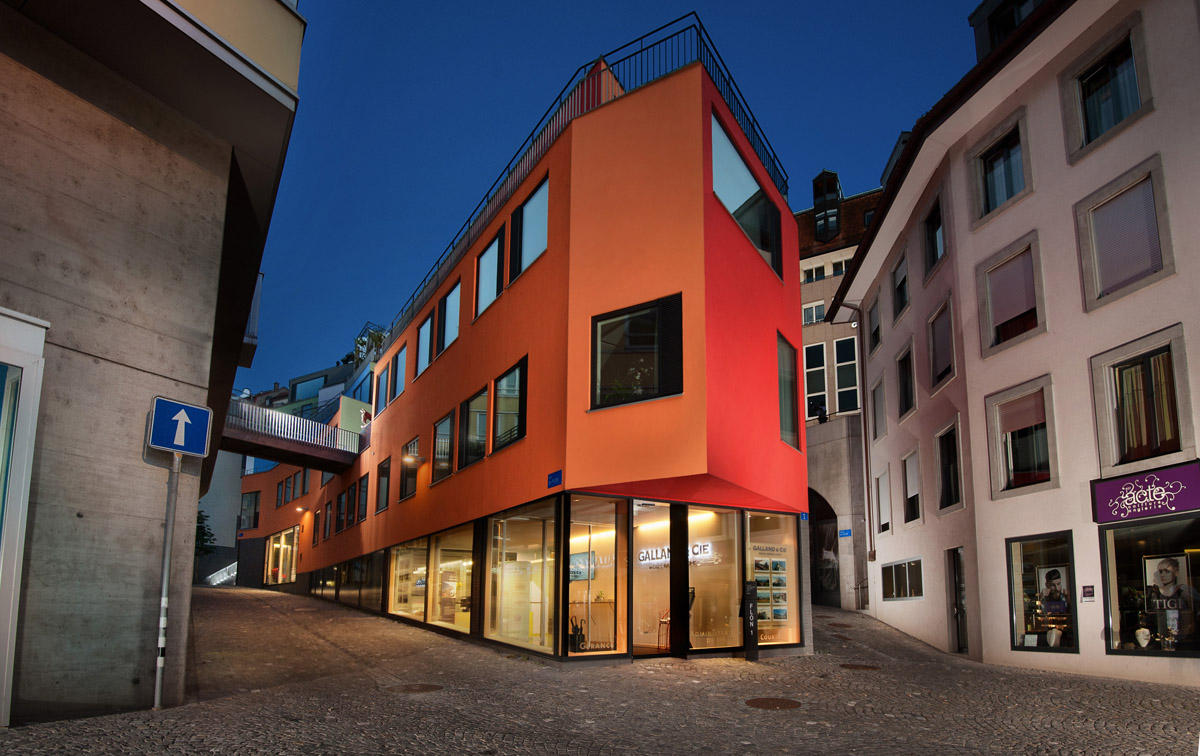
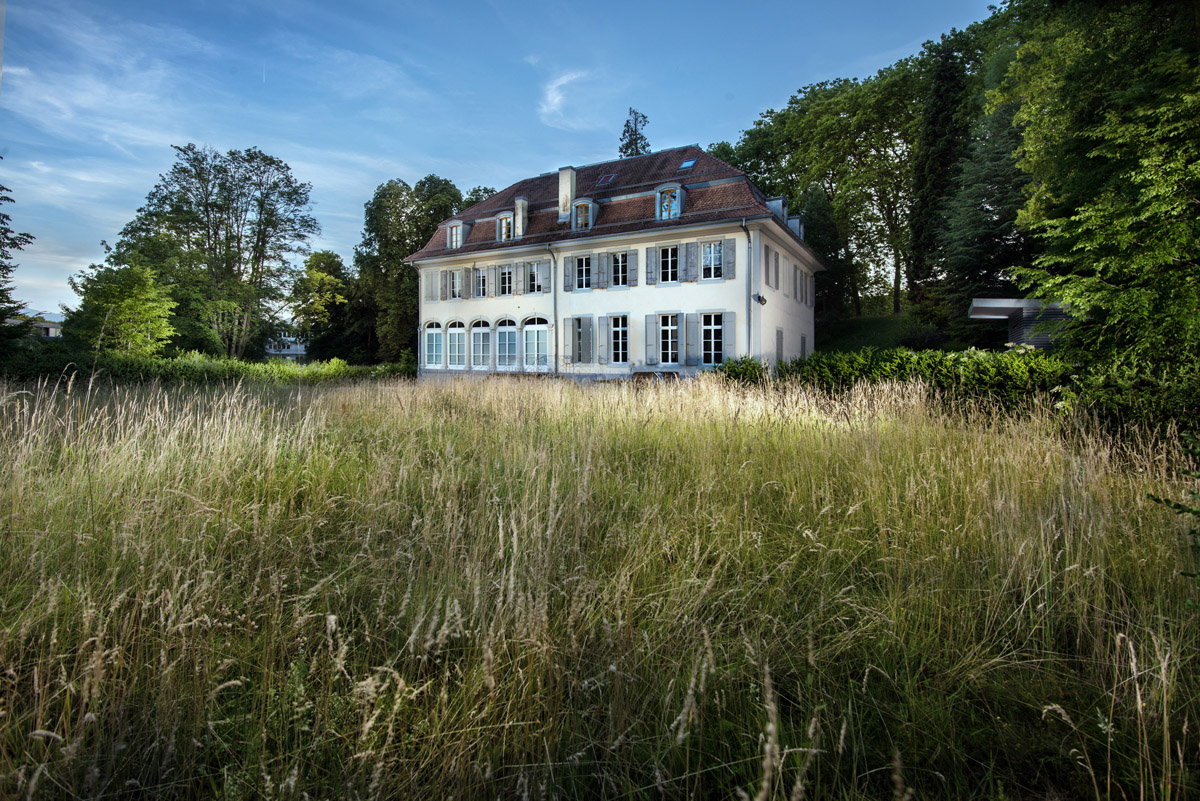
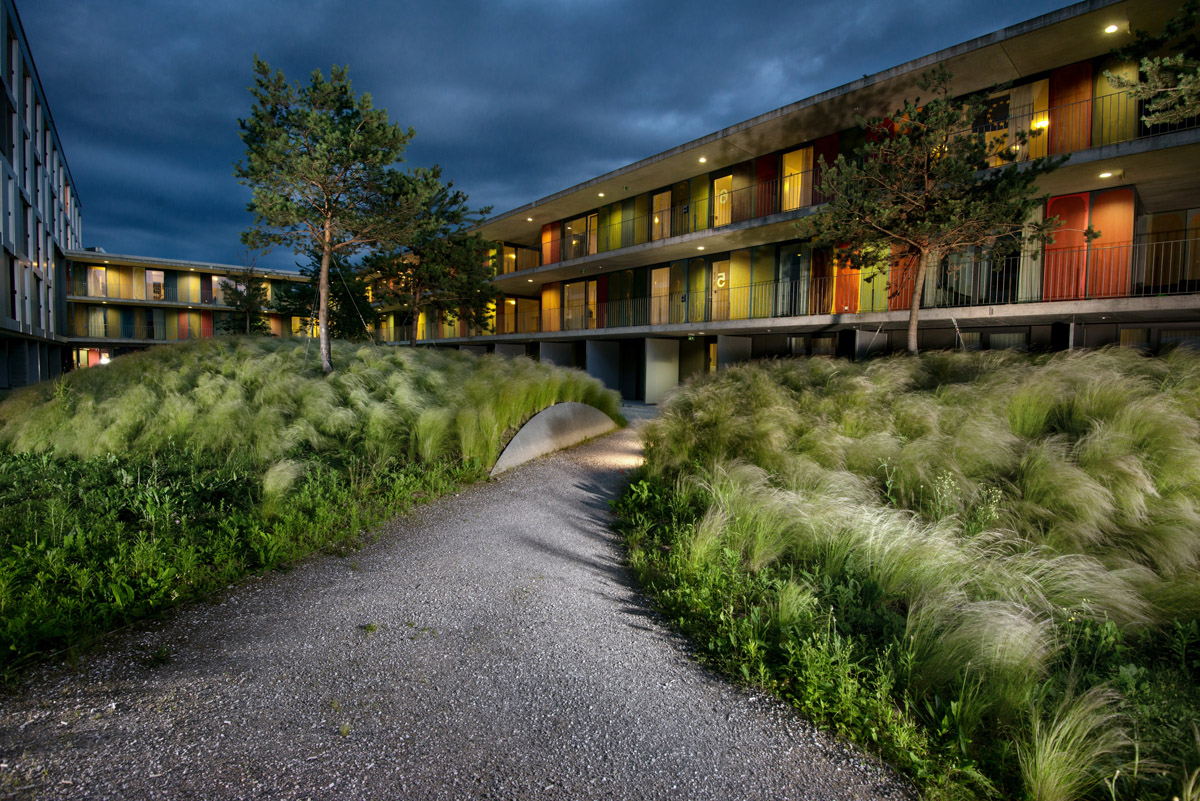
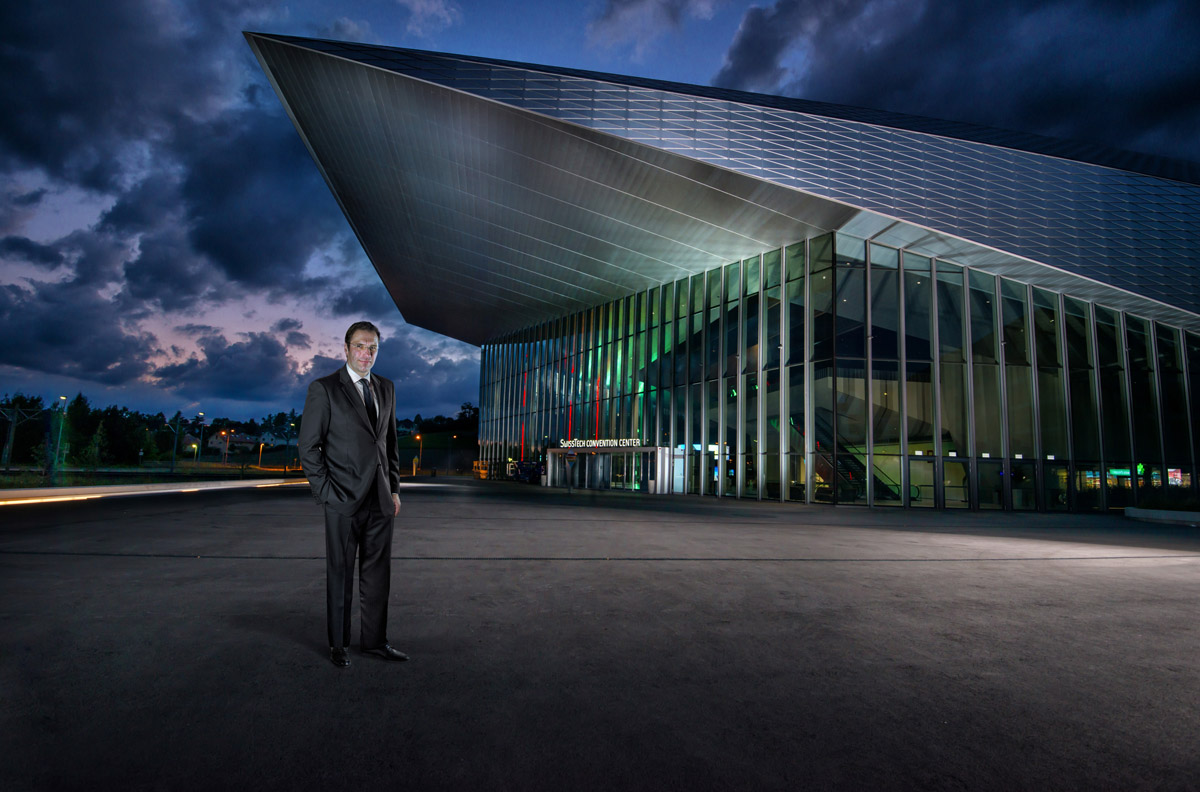
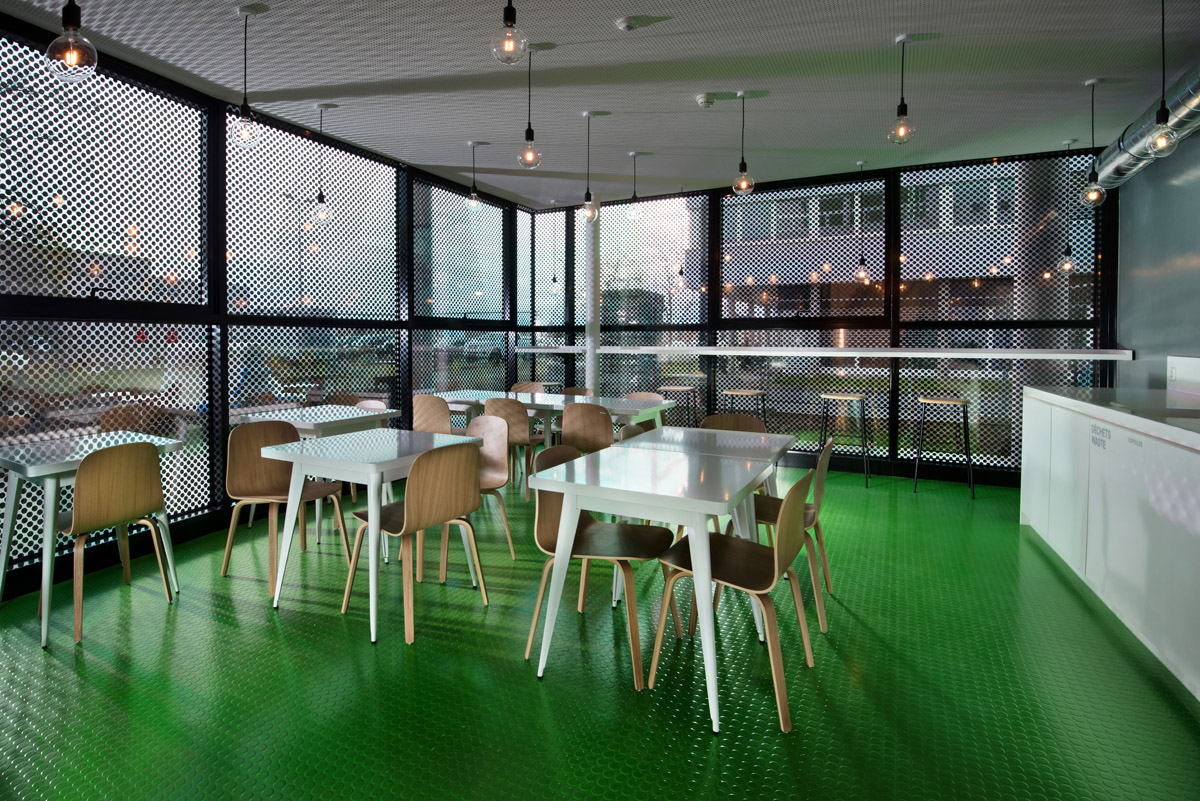
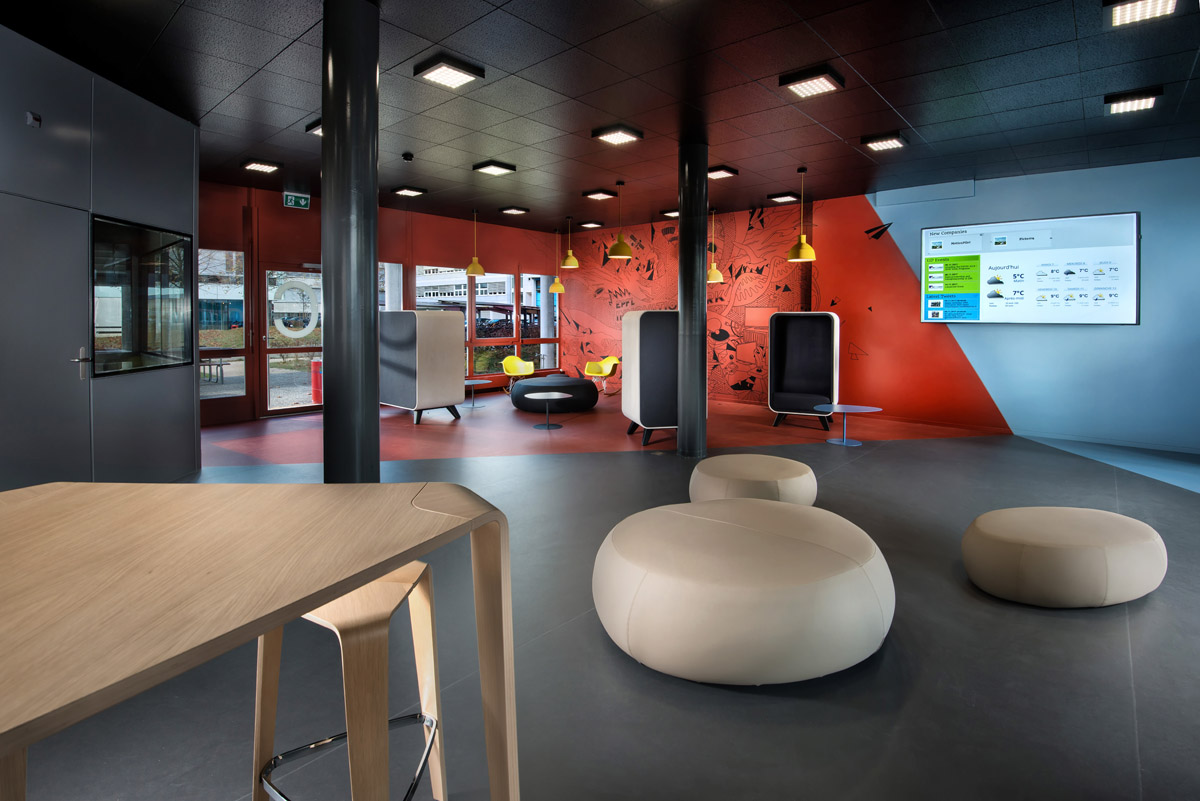
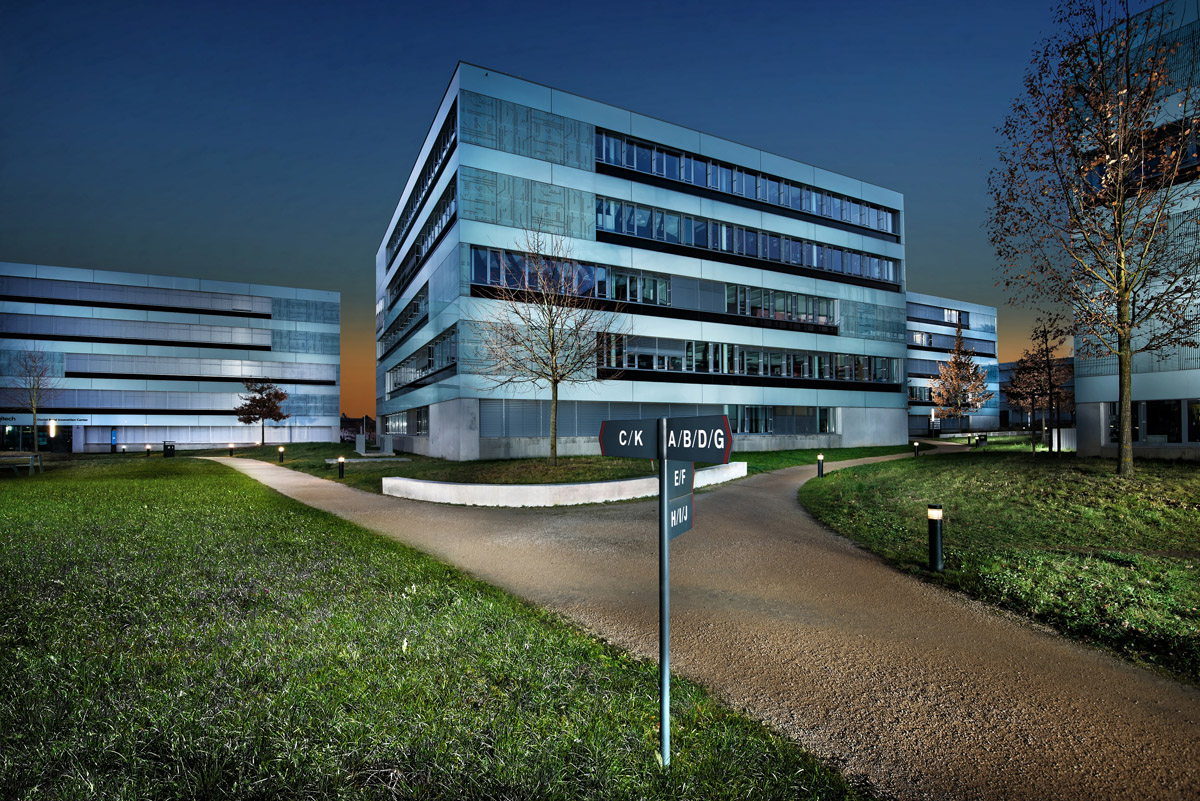
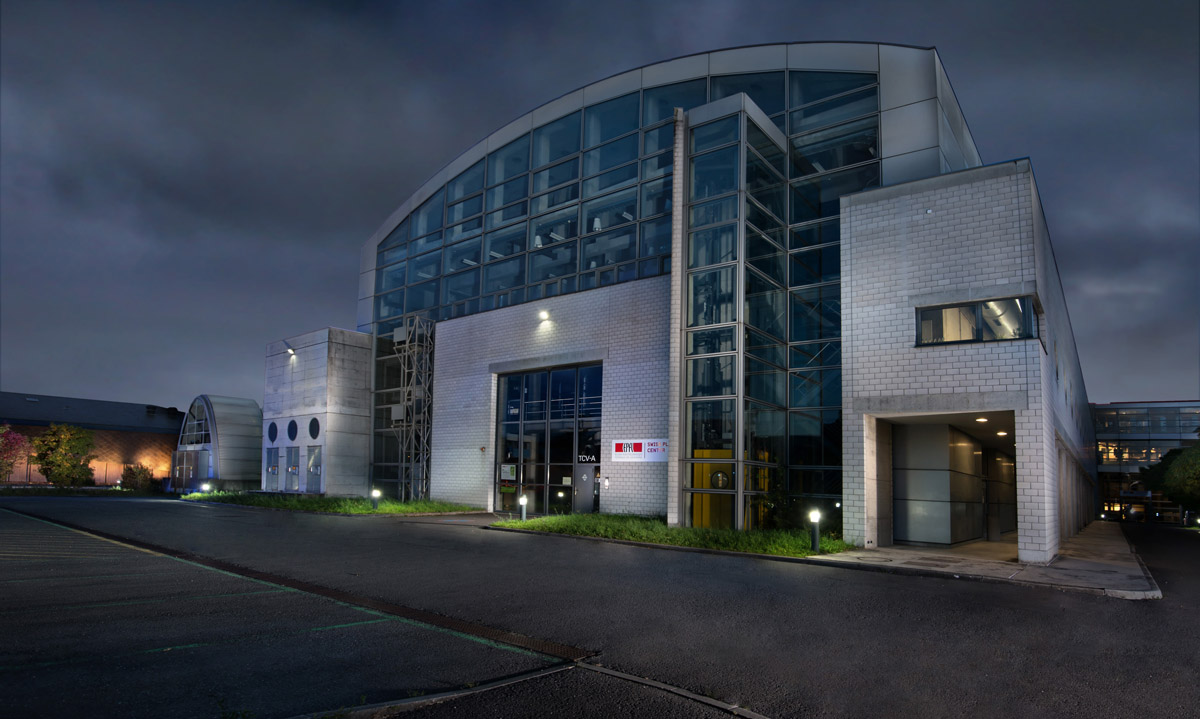
Spark up your Image!
Stand out for all the right reasons.
We help you communicate in a clear, creative and comprehensive manner. Make your message memorable…
























